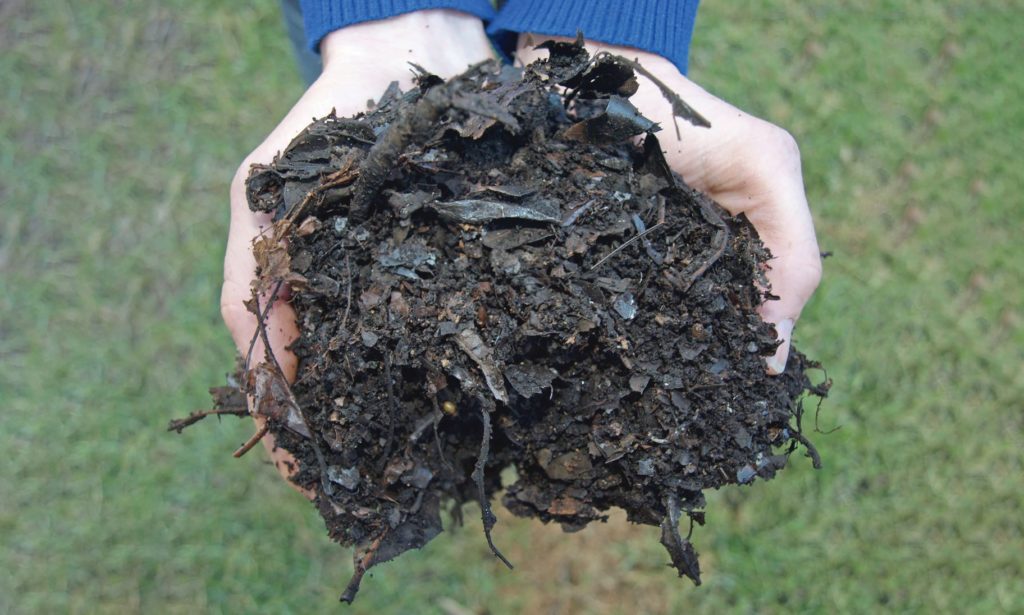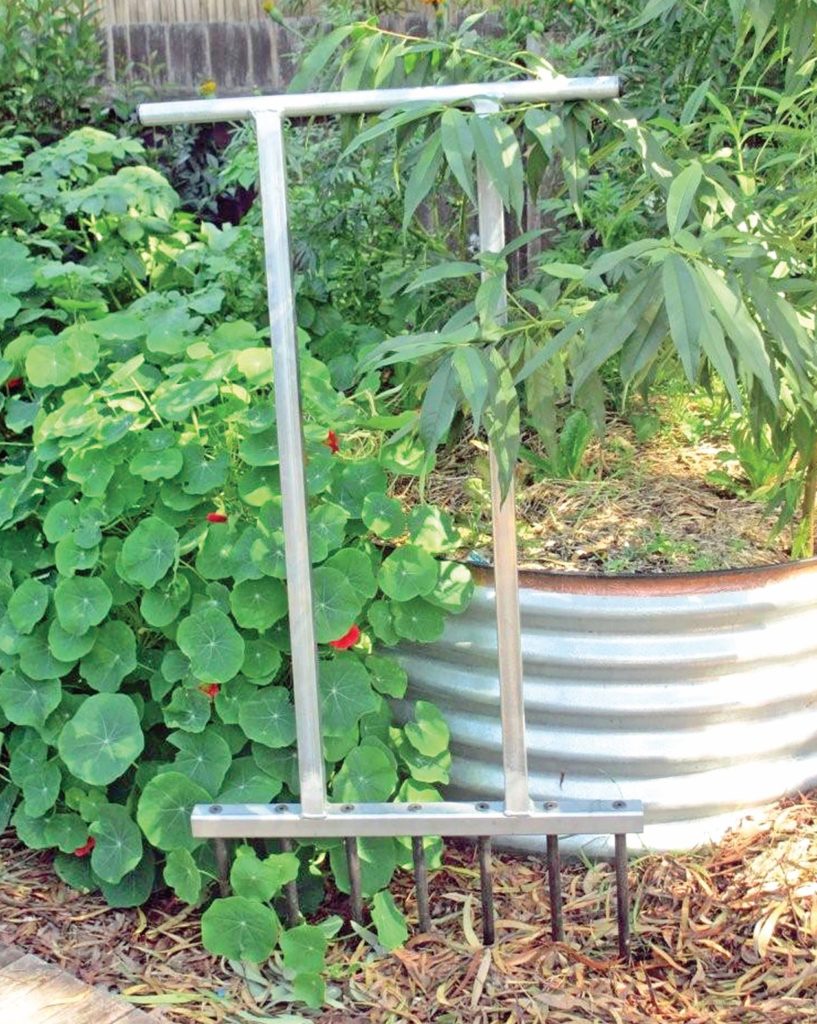There are many facets of waterwise gardening that we need to take into consideration during the summer months, such as:
- The types of plants/gardens we have and their age. Perennial gardens and those planted with local native/Mediterranean-style plants for instance, are much more tolerant with little or no extra watering aside from what falls from the heavens above. Whereas, garden spaces with non-established plants, annual plantings including many veggies and plants which aren’t traditionally drought tolerant, require added cultural measures including reliable water regimes to keep them healthy.
- The aspect and area your home is located in. For instance, you may live on top of an exposed, west-facing hill in a sparse, newly-developed suburb or be located in an established suburb with lots of large, cooling street trees and a protected north-facing block.

Some handy water saving tips:
- Drip irrigation is an efficient way to maintain soil moisture – minimal evaporation and runoff, hydrates a large area, releases water slowly meaning it is readily absorbed by plant roots, and it won’t run straight through the soil profile.
- A healthy soil is a moisture retentive one – organic matter such as compost and worm castings have excellent water retention qualities. Adding them to your soils is especially beneficial.
- When establishing plants in a water repellent soil, cut the bottom out of an old plastic pot and place it around the base of the plant, leaving a good 10cm of the plant above ground level. This way you can water without runoff, allowing it to soak into the soil over a prolonged period.
- Wetting agents are designed to break surface tension of dry soils and work as an emulsifier. Add them to hydrated soils for best results. Use certified organic wetting agents, as conventional ones contain alcohol and petroleum distillates (detrimental to plant and soil health). You can also make your own using agar agar, a product derived from seaweed that is available from health food shops. Conservationist Gerry Coleby-Williams has written a great fact sheet on wetting agents [jerry-coleby-williams.net/2007/02/27/wetting-agents-are-you-buying-trouble].
- Dry soils can become hydrophobic, making them difficult to re-wet. You can overcome this by: de-compacting soils and mulches by judiciously digging with a garden fork or broadfork (do not turn the soil); re-working top 15cm of soil and adding organic matter; re-hydrating soil by watering passively and breaking surface tension; and adding some certified organic wetting agent or make your own.

WITH HORTICULTURIST TRACEY BOOL traceyboolgardenwriter.com
For more:








